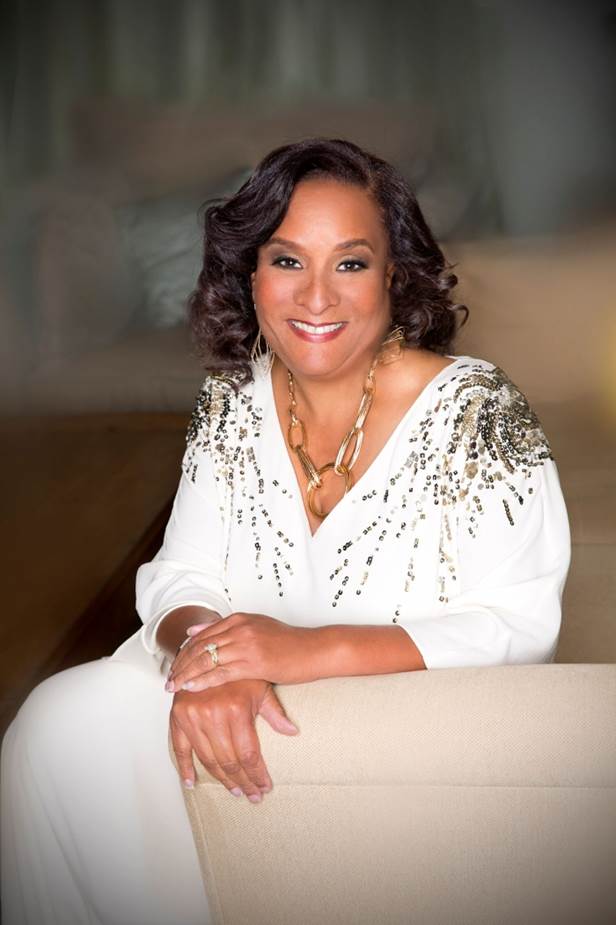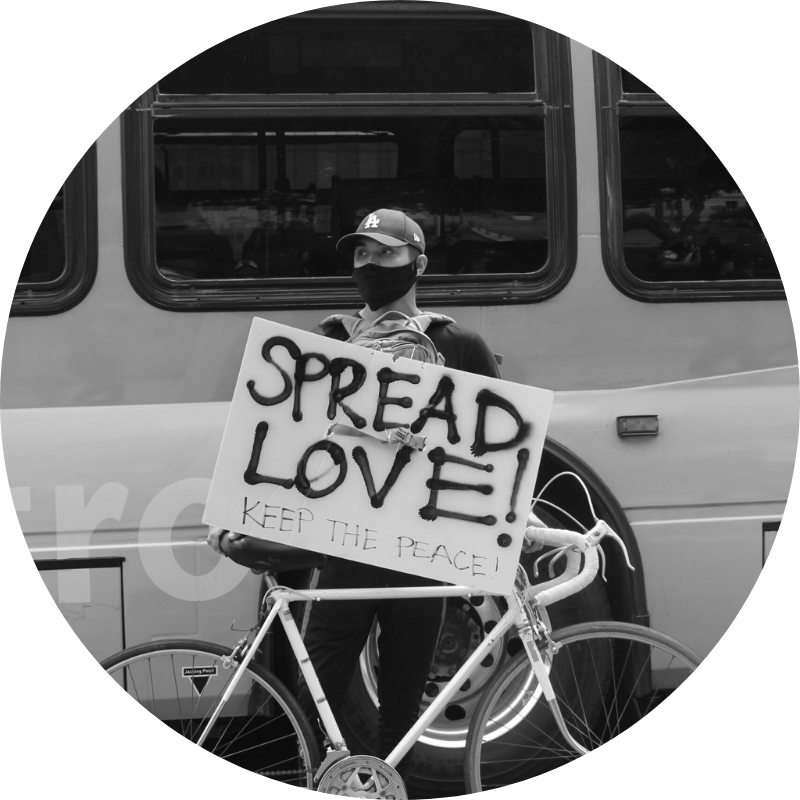Youth

Impacts of COVID-19 on Youth in Los Angeles County
The pandemic has taken a toll on the mental health of young people, especially those most impacted. As suggested by prior research on police violence and mental health, the escalation and visibility of racial violence has likely exacerbated racial trauma in Black communities. In focus groups conducted with youth 18-24 years of age, many shared that they were forced to move back home due to loss of secure housing, loss of internships, or unemployment, taking a toll on their mental health, as many returned to toxic housing situations. These mental health challenges plaguing youth are exacerbated by the social distancing orders imposed during the pandemic that have created sentiments of disappointment and isolation. For youth identifying as LGBTQ in particular, physical distancing means that there is a loss of social interactions that protect many from suicidality. In addition, focus group participants shared that the pandemic has halted their progress toward a better life.
Los Angeles County must celebrate and support youth leadership and empowerment.
%
In regards to the concurrent racial unrest tied to police violence, the poll by Latino Decisions revealed that statewide, 49 percent of Black young adults have had a negative encounter with the police, as compared to 29 percent of Latino, and 20 percent Asian American and Pacific Islander youth.
- 49%
%
30 percent of young adults surveyed had been recently laid off due to COVID-19.
- 30%
%
Opportunity youth comprise 14 percent of young people ages 14-26 in Los Angeles City alone, a substantial share that identify as Black or Latino.
- 14%
8 Youth Policy Recommendations
The report puts forward 8 recommendations for policy and practical action.

